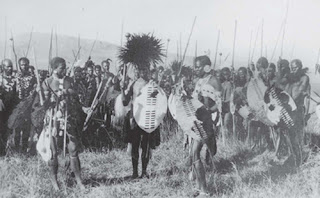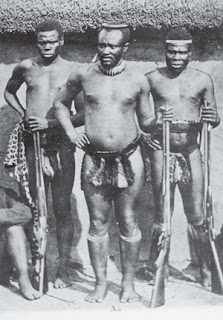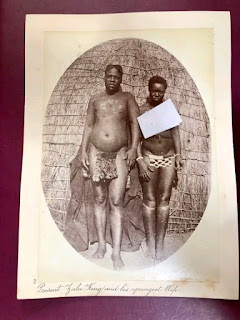INKOSI MNUKWA MADHLOPA HISTORY AND LIST OF RULERS

Under Inyandezulu, Inkosi YaMakhosi Mphezeni KaZwangendaba of Eastern Zambia , there is an Inkosi from the Madhlopa clan and his area of jurisdiction is commonly known as ' Chikenkhe cha Msang'ombe'.Thus, it is a common affair for Ngunis that are under Inkosi Mnukwa to simply state when asked who is their Inkosi, "I hail from Chikhenke Cha Msangombe". But who really was Mnukwa Madhlopa and why is now an Inkosi under the decorated aMazwangenaba Kingdom of Mphezeni? The Journey from Nongoma in the South The name Mnukwa is Nguni and it means 'The Suspect'. Here we can add that the name Mnukwa is a name the giver wanted to level an allegation through his name. Old documents or indeed manuscripts on the Mphezeni Kingdom mention the name 'Mnukwa Mazyopa' (the Madhlopas of Zambia now use this corrupted version of their surname) and it is stated he was a key ally of King Mphezeni 1 and was in charge of passing judgement on those suspected to have...




.jpg)
